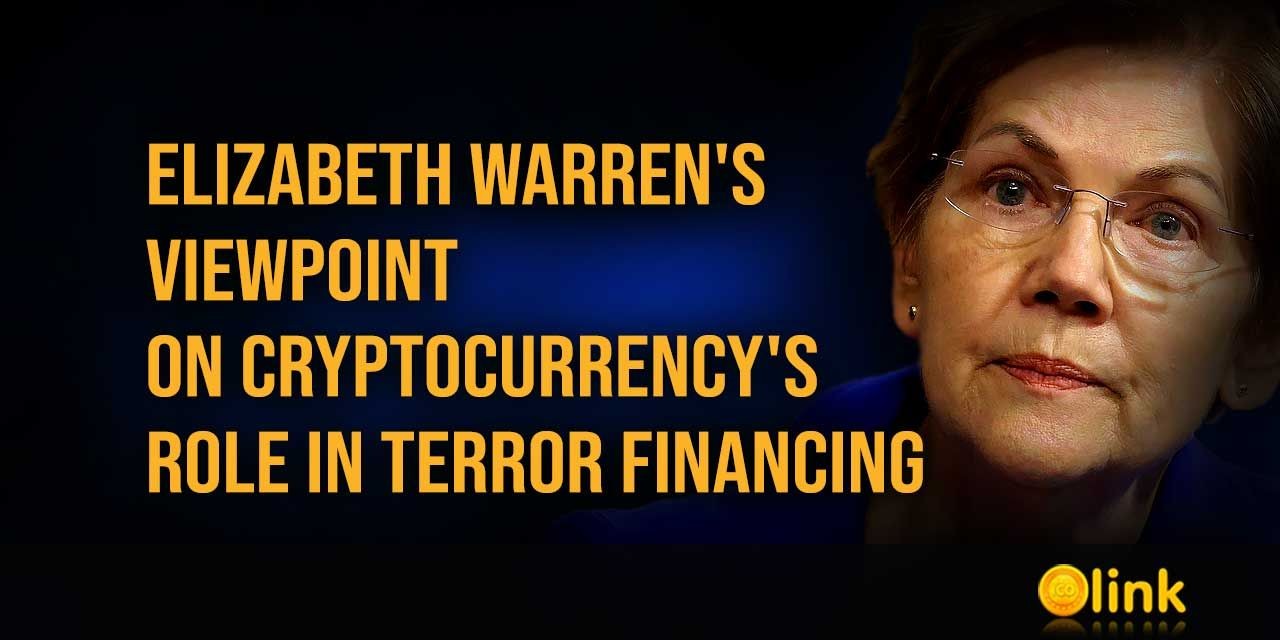Elizabeth Warren's viewpoint on cryptocurrency's role in terror financing
The Call to Battle Cryptocurrency-Driven Terrorism: Senator Elizabeth Warren Takes the Helm
Introduction: The Evolving Threat of Cryptocurrency in Terror Financing
Cryptocurrency, originally designed as a decentralized and transparent monetary system, has undoubtedly been a technological marvel. Yet, with the increasing incidents of its misuse, especially in terrorism financing, concerns have surged. U.S. Senator Elizabeth Warren, a well-known figure in the crusade for meticulous crypto regulations, has thrust this issue under the limelight.
Senator Warren has unequivocally highlighted the urgency surrounding the misuse of cryptocurrencies in financing extremist activities. In a revelation that has shaken many, she reported that a staggering sum exceeding $134 million has found its way to digital wallets associated with extremist organizations such as Hamas and Palestinian Islamic Jihad in the year following 2021.
Understanding the gravity of the situation, Senator Warren has voiced her determination to expedite the legislative process to enforce stricter crypto regulations. Her proposed bill aims to curtail money laundering and obstruct the financing of terrorist activities using digital assets. A notable feature of this bill would be the extension of financial crime rules, which traditionally enveloped only mainstream financial institutions, to now also cover entities in the digital asset realm.
Elizabeth Warren's strong stance on the issue isn't solitary. Prominent figures like Sherrod Brown, the Chairman of the Senate Banking Committee, have also expressed their concerns. Brown, known for his critical views on the cryptocurrency industry, stands shoulder to shoulder with Warren, emphasizing the need for stringent regulations.
However, the fervent legislative drive has not been without its detractors. Key figures from dominant U.S. crypto enterprises have expressed their vehement disapproval. Sheila Warren, the CEO of Coinbase's Innovation Council, aired her dissatisfaction on X (previously known as Twitter), critiquing what she perceives as the undue exploitation of global tragedies to further political agendas against the cryptocurrency landscape.
Interestingly, while crypto establishments voice their concerns, traditional financial behemoths seem to be singing a different tune. The Banking Policy Institute (BPI), representing major Wall Street financial giants, has expressed its backing for a bill designed to impede money laundering through cryptocurrencies.
As the debate rages on, the need of the hour is a balanced approach that safeguards global security interests while still fostering innovation. The objective isn't to stifle the crypto industry but to ensure that its potential isn't misused for malevolent intentions. The challenge lies in creating a framework that deters malicious actors but doesn't dampen the spirit of innovation.
Conclusion: Towards a Safer Cryptocurrency Future
Senator Elizabeth Warren's call to action against crypto-driven terrorism financing underscores the urgent need for a proactive approach. As the lines between technology and global security blur, it becomes crucial to continuously reassess and adapt our legislative frameworks. The ultimate goal remains clear: to ensure the constructive growth of the cryptocurrency industry while ensuring the safety and security of the global community.






